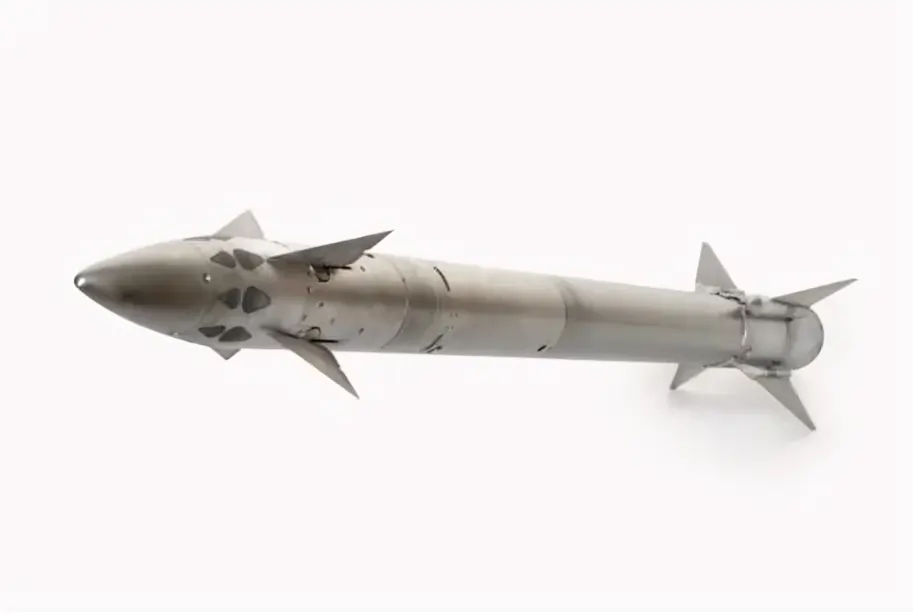In a significant development that marks a deepening of India–UK defence cooperation, Britain has announced a £350 million ($468 million) agreement to supply Lightweight Multirole Missile (LMM) systems — also known as Martlets — to the Indian Army. The deal is part of a larger push to establish a comprehensive complex weapons partnership between the two nations.
A Major Defence Boost Amid Strategic Talks
The announcement came during UK Prime Minister Keir Starmer’s official visit to Mumbai, where he met Prime Minister Narendra Modi on the sidelines of the Global Fintech Fest 2025 at the Jio World Centre. The two leaders discussed ways to bolster bilateral cooperation in defence, security, and technology, even as a UK Carrier Strike Group participated in the Konkan 2025 naval exercise with the Indian Navy off the western coast.
A joint statement issued after the meeting said the government-to-government agreement will provide an initial supply of LMM systems to support India’s growing air defence requirements. The deal aligns with India’s vision of Atmanirbhar Bharat (self-reliant India) and is expected to lead to long-term collaboration in the design and development of complex weapons systems.
Manufacturing In Northern Ireland, Jobs Secured
According to the UK Ministry of Defence, the missiles and launchers will be manufactured by Thales Air Defence in Belfast, Northern Ireland, where the same systems are currently being produced for Ukraine. The contract is expected to secure over 700 skilled jobs in Northern Ireland, offering a boost to the UK’s defence industry while strengthening its export footprint in Asia.
The ministry described India as a “key strategic partner”, noting that the deal “paves the way for a broader complex weapons partnership currently under negotiation between the two governments.”
Electric Propulsion Pact For Naval Modernisation
In addition to the missile deal, the two countries also signed an Implementing Arrangement to enhance cooperation on electric-powered propulsion systems for naval ships, valued at £250 million ($333 million). This partnership aims to advance sustainable naval technologies and reduce operational costs for future Indian warships.
Foreign Secretary Vikram Misri confirmed that the two prime ministers reviewed the progress of the Defence Industrial Roadmap unveiled earlier in July 2025, which seeks to promote joint research, co-development, and co-production in cutting-edge defence technologies.
Statements From Defence Leaders
British Defence Secretary John Healey hailed the agreement as a reflection of the growing trust and synergy between the two democracies.
“These deals show how our growing strategic partnership with India will boost UK business and jobs. They will pave the way for deeper collaboration between our defence industries, especially in air defence and electric naval propulsion,” he said.
Prime Minister Keir Starmer echoed similar sentiments, describing the agreements as “a cornerstone in building a stronger, technologically advanced defence relationship” between the UK and India.
Strategic Implications
The introduction of Lightweight Multirole Missiles — compact, laser-guided precision weapons capable of engaging airborne, land, and maritime targets — will provide the Indian Army with a flexible and responsive air defence capability, particularly in tactical battlefield environments.
Defence analysts believe the deal represents not just a military transaction but a strategic convergence — reinforcing India’s defence preparedness while enabling the UK to deepen its presence in the Indo-Pacific security landscape.













